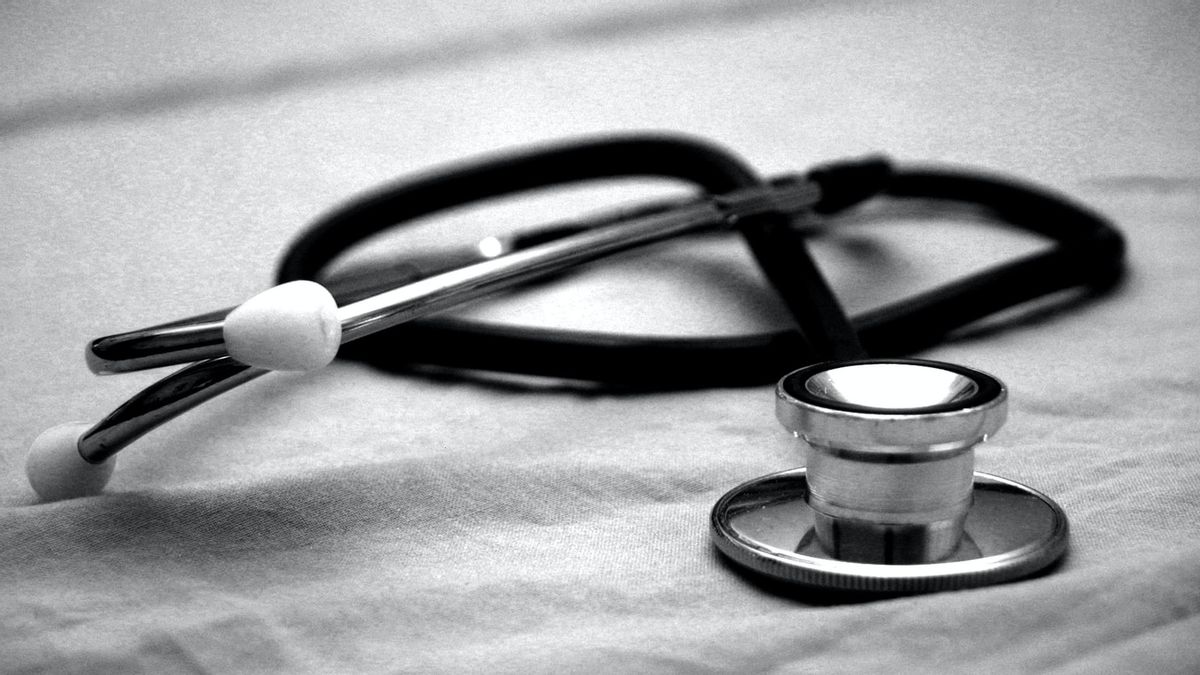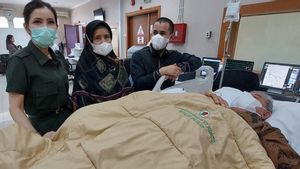JAKARTA - A cardiologist from the University of Indonesia, Bambang Budiono, said that in the medical world, there is no room for testimonials on methods of curing diseases because they cannot be tested clinically.
"Even if it is spoken by a minister or even the president, testimonials will never have the equivalent value of clinical evidence," said Bambang Budiono in a written statement received in Jakarta, Friday, April 8, quoted from Antara.
This observer of health problems said that recently online media and television were colored by the news of the dismissal of a well-known doctor from the membership of the Indonesian Doctors Association (IDI). He did not mention the details of the figure in question.
He said that in testing the efficacy of a treatment method, there are several methods or methodologies that are commonly used and have been widely accepted in the medical world.
"You can use intermediate results or 'surrogate end points', for example seeing changes in specific markers from laboratory results, seeing changes from special imaging (nuclear cardiology, echocardiography, etc.) used to see the impact of a treatment," he said.
It could also use clinical data as the final result, such as an increase in physical ability, a decrease in the frequency of hospitalization due to heart failure, a decrease in the incidence of heart attacks and deaths, and others.
Assessing the superiority of a treatment method, can be done by comparing a new drug or method with standard therapy (if it already exists), or comparing it with an inactive ingredient called a placebo, said Bambang.
The best research method is randomization, said Bambang, patients, and doctors do not know which is the active drug and which is the placebo, because the placebo packaging is made in such a way that it resembles the shape of the drug or active substance.
SEE ALSO:
Usually, it will be coded and at the end of the new study, it is opened to find out which is the active substance and which is the placebo.
"It should be noted, although the placebo is not an active substance, it can have an impact like the active substance, both efficacy, and side effects," he said.
He said a patient who received capsules containing flour, could experience a decrease in blood sugar levels, a decrease in blood pressure, a decrease in cholesterol levels, and a decrease in clinical complaints.
"Don't be surprised if patients who receive a placebo complain of side effects similar to active drugs, such as cough, diarrhea, fever, dizziness, and so on," he said.
Bambang said research with a good design will answer whether the drug or method given to the patient really has clinical benefits or not. "The more research involved, the stronger the conclusions that can be drawn whether it is beneficial or not better than a placebo," he said.
The English, Chinese, Japanese, Arabic, and French versions are automatically generated by the AI. So there may still be inaccuracies in translating, please always see Indonesian as our main language. (system supported by DigitalSiber.id)












